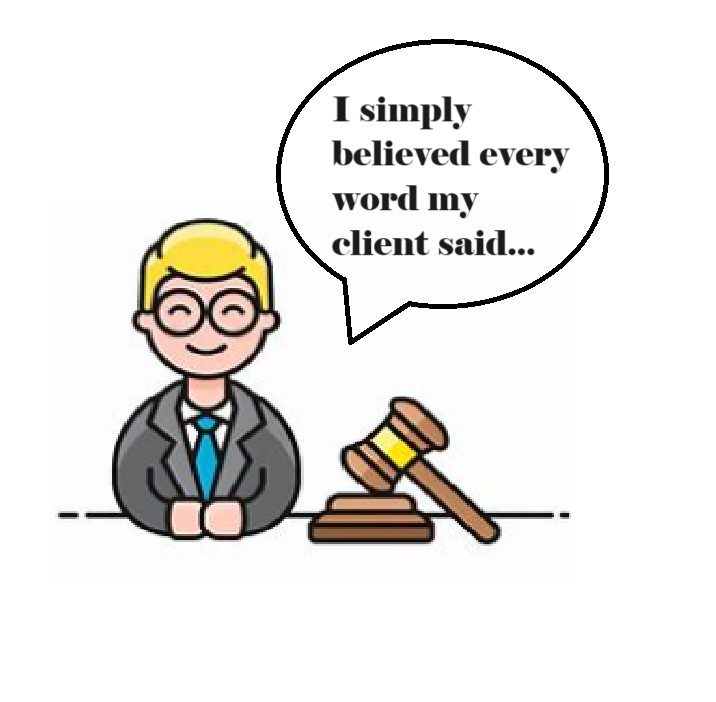Kelly v Vannet, 1999 JC 109
Citation: Kelly v Vannet, 1999 JC 109
Rule of thumb: Can a Solicitor be prosecuted for fraud if they pass on fraudulent lies from their client? As a general rule, no, a Solicitor is entitled to believe their client & they are exempt from fraud allegations or prosecution.
Judgment:
‘We do not understand the remarks of the Lord President in Micosta as restricting the exemption from privilege to the situation in which a solicitor has himself been a party to the fraud or other illegal act. The advocate depute founded on the following passage in Dickson, s1678, “One who consults a legal adviser, with a view to committing a fraud or other crime, makes him either an innocent instrument of his guilt or an accomplice. In neither case will so important a part of the history of the crime be excluded on account of confidentiality; for the ground of policy on which the privilege is founded in ordinary cases must give way, where preserving it would prevent crime from being detected”. As the advocate depute pointed out the common law in England was to the same effect. He referred us to the leading case of R v Cox and Railton, a decision of the Court for Crown Cases Reserved. Giving the decision of the Court Stephen J at 1884, 14 QBD, p166-167, discussed the scope of privilege in regards to communication between solicitor and client. On the latter page he stated: “The reason on which the rule is said to rest cannot include the case of communications, criminal in themselves, or intended to further any criminal purpose, for the prosecution of such communications cannot be possibly be otherwise injurious to the interests of justice. Nor do such communications fall within the terms of the rule. A communication in furtherance of criminal purpose does not come into the scope of ordinary employment. A single illustration will make this plain. It is part of the business of the solicitor to draw wills. Suppose a person, impersonating someone else, instructs a solicitor to draw a will in the name of the supposed testator, executes it in the name of the supposed testator, gives the solicitor his fee, and takes away the will. It would be monstrous to say the solicitor was “employed in the ordinary scope of professional employment”. He in such case is made an unconscious instrument in the commission of a crime’, Lord Justice Clerk Cullen

Warning: This is not professional legal advice. This is not professional legal education advice. Please obtain professional guidance before embarking on any legal course of action. This is just an interpretation of a Judgment by persons of legal insight & varying levels of legal specialism, experience & expertise. Please read the Judgment yourself and form your own interpretation of it with professional assistance.

